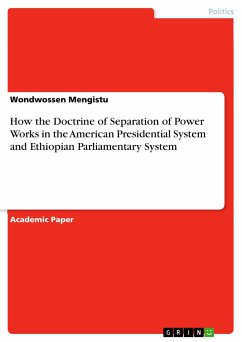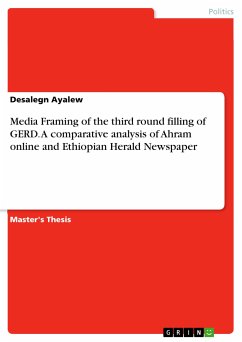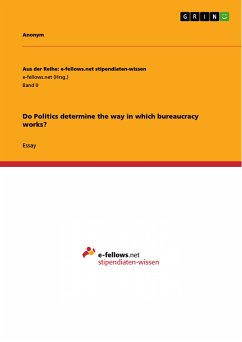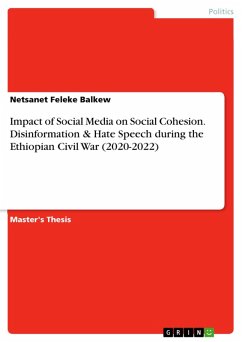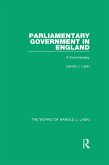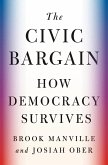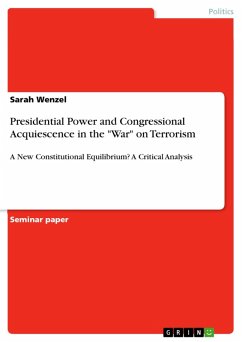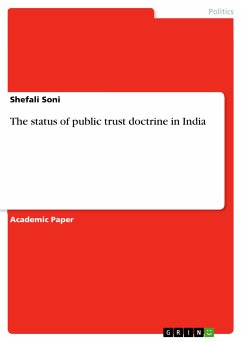Academic Paper from the year 2017 in the subject Politics - General and Theories of International Politics, grade: A, Ethiopian Civil Service University (law and federalism), course: survey of constitutional system, language: English, abstract: The principle of separation of power is one of the oldest constitutional principles in most of the world countries. It refers to the idea that the major institutions of state should be functionally independent and that no individual should have powers that span these offices. The principal institutions are usually taken to be the executive, the legislature and the judiciary. In early accounts, such as Montesquieu's "The Spirit of the Laws", the separation of powers is intended to guard against tyranny and preserve liberty. It was held that the major institutions should be divided and dependent upon each other so that one power would not be able to exceed that of the other two. As mentioned earlier most countries of the world both presidential and parliamentary form of government incorporated this doctrine in their constitutions with a certain degree of disparity. American Presidential system with strict separation among the three branches of government, the oldest constitution in the world dating 227 years. On the other hand, all parliamentary systems of government including Ethiopia apply the principle with a certain fusion of power mainly among the executive and legislative organs of government. Cognizant of the above fact as background knowledge, this paper tries to explore American presidential system versus Ethiopian parliamentary system of government based on the original doctrine of montesques separation of power. Thus it is organized in to three parts. The first part deals with the original doctrine of separation of power and its goal. The second part briefly discuss and evaluates the extent to which 1) the executive and legislature; 2) the executive and judiciary; and 3) the judiciary and legislature now overlap and interact in the united state of American presidential and Ethiopian parliamentary system of governments. Last but not the least deals with modifications made by the Americans to the original principle.
Dieser Download kann aus rechtlichen Gründen nur mit Rechnungsadresse in A, B, BG, CY, CZ, D, DK, EW, E, FIN, F, GR, HR, H, IRL, I, LT, L, LR, M, NL, PL, P, R, S, SLO, SK ausgeliefert werden.

